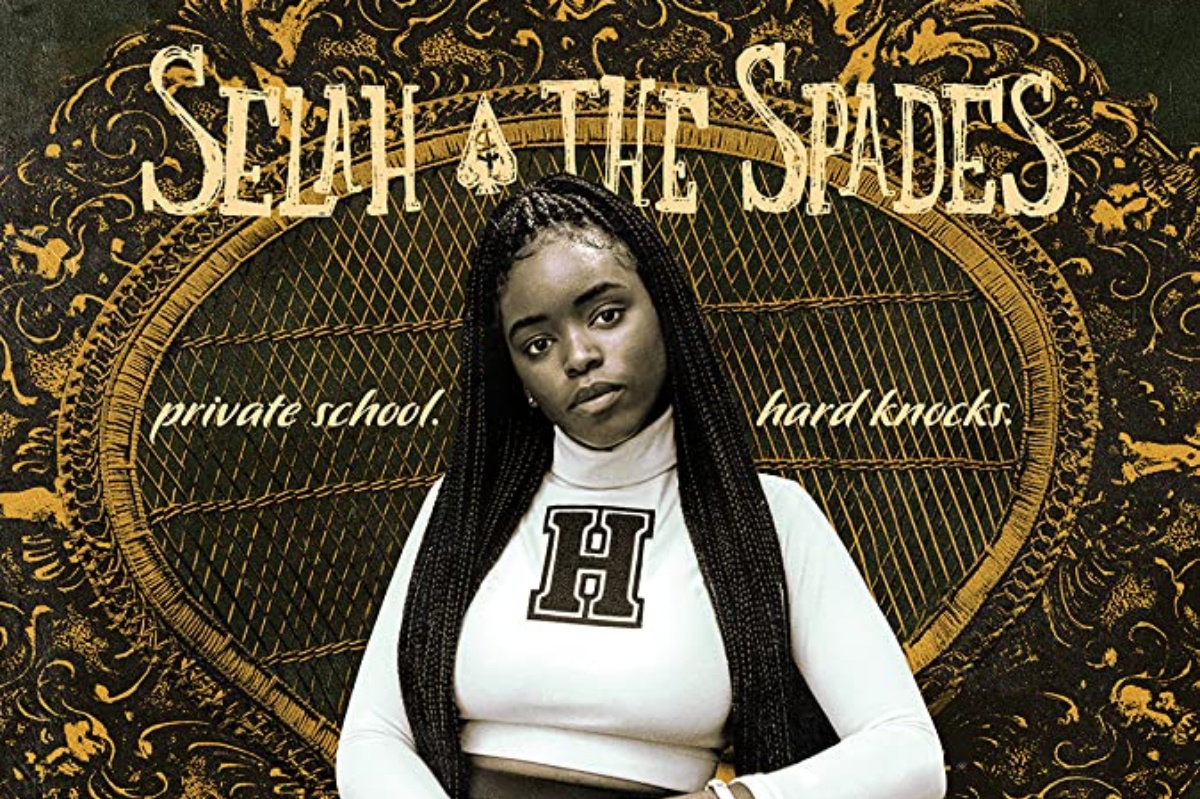One of the most interesting things Amazon Prime has brought into the world of film is the debut movie by Tayarisha Poe, Selah and the Spades, which tells the story of Queen Bee Selah Summers (Lovie Simone) as she begins to groom an heir to her teen empire at a Pennsylvania boarding school.
Written and directed by Poe, the thing about the film that instantly stands out is how rarely we have seen teen films with Black girls at the forefront. When I look back at films like Booksmart and Lady Bird, the presence of Black and non-white boys is often there, but darker-skinned girls, especially Black girls, are largely absent. That isn’t the case with Selah, and because the film normalized the inclusion of Black and Brown girls from the beginning, we can enjoy the fact that this is a film about a very powerful student council (a la many fantastic anime).
Unlike the previously mentioned films, Selah is not a comedy but is instead a drama that focuses on the Queen Bee character. The titular character is interesting because Poe makes room for typical coldness and dictatorial qualities associated with the archetype, while also the deep insecurities that keep someone striving for perfection.
We only get one scene between Selah and her mother, Maybelle Summers, played by a particularly icy Gina Torres, but in it, we see that Maybelle has raised Selah to believe that there is something wrong with her—that at her core, there is something that needs to be corrected, and keeping her far away, but still on a tight leash, will keep whatever darkness at bay. Yet, from the way Selah treats her friends when they displease her, it shows that this parenting has only made the young woman paranoid and insecure.
In an interview with Valerie Complex for AwardsWatch, the director explains that part of what she wanted to do with Selah was expand the way that Black actresses and characters are shown in film:
Black actresses are pigeonholed into certain roles. We’re always suffering trauma after trauma after trauma, or we’re meant to be saintly, compassionate, caregiving people. But if we just want power? And how can we manifest that power without trauma, or self sacrifice? It’s a struggle to watch the way the media portrays of Black women, which is nothing but Black women acting out tropes.
All of the Black women in the film have that same complexity, and none of them act the way you’d expect. Relationships evolve and break down organically.
“People are quick to decide that Black girls and women are angry, when they just want people to listen,” Poe said. “With Selah and the Spades, I wanted to show as many different types of Black girls as possible, and I wanted them to be fully realized. That was my goal. That will always be my goal.”
While short with ending that came way too quickly, I enjoyed Selah and the Spades. It’s well-acted, beautifully shot, and makes the most of its characters and world while we have them.
(image: Amazon Prime)
Want more stories like this? Become a subscriber and support the site!
—The Mary Sue has a strict comment policy that forbids, but is not limited to, personal insults toward anyone, hate speech, and trolling.—










Published: May 1, 2020 5:00 PM UTC